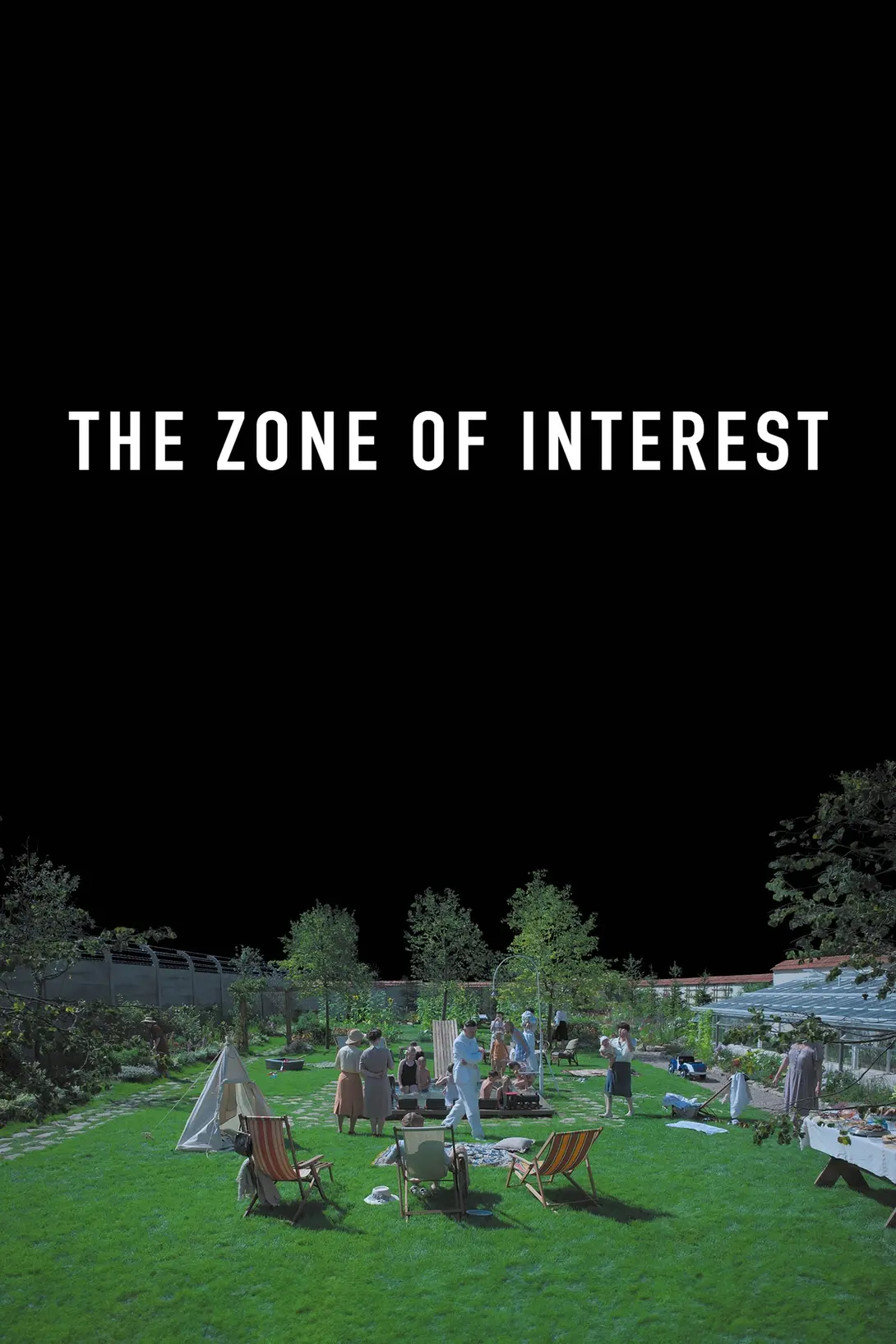In a tranquil and paradisiacal house on the outskirts of Auschwitz, the life of a German family unfolds with the apparent normality of daily routine. While the father, an SS officer, immerses himself in his work at the nearby concentration camp, his wife, a woman committed to her role as mother and housewife, lives among blooming gardens and the bustle of her children. The kitchen fills the air with delicious aromas, and the days are marked by laughter and play. However, within this bubble of happiness, the cruel reality of the genocide taking place so close by looms as an ominous shadow.
As the narrative progresses, the film unsettlingly reveals the disconnection between the horror occurring in Auschwitz and the everyday life of this family, in which love and complicity intertwine with the aid of a world filled with horror. Moral tensions and ethical dilemmas present themselves subtly, creating a disturbing contrast. Through an atmosphere laden with uncertainty, it explores how the banality of evil can be normalized and accepted while the lives of the innocent are stripped of their humanity.
With a sober aesthetic and a distinctive narrative approach, the film invites reflection on complicity, denial, and insensitivity in a time of atrocity, leaving the viewer confronted with their own conscience.
